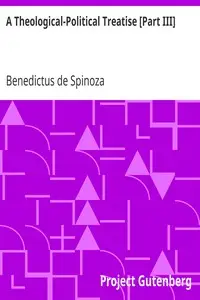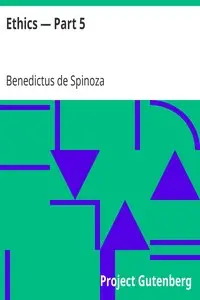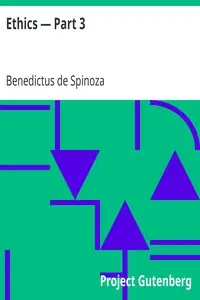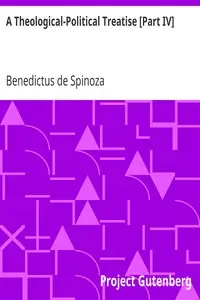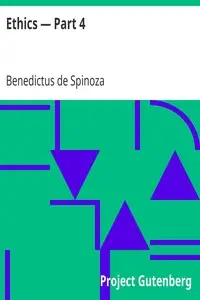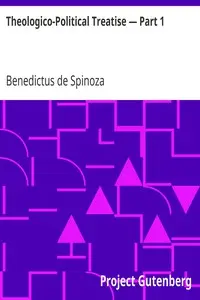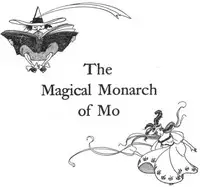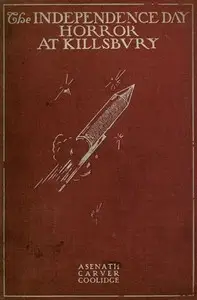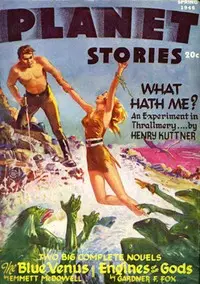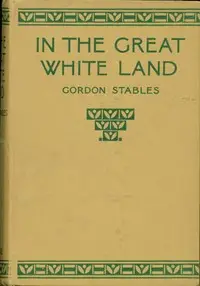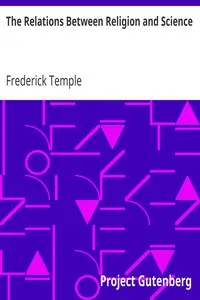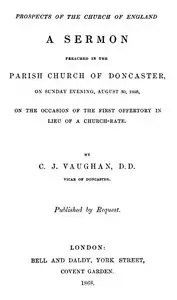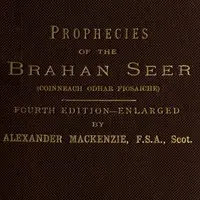"Ethics — Part 1 by Benedictus de Spinoza" is a philosophical treatise written in the 17th century, specifically during the early modern period. The book is a foundational work in the field of Western philosophy, particularly known for its exploration of metaphysics and ethics. Spinoza examines the nature of God, existence, and reality, offering a rational understanding of the universe that intertwines his moral philosophy with his metaphysical views. In "Part 1: Concerning God," Spinoza lays out his definitions, axioms, and propositions regarding the nature of God and substance. He argues that God is an absolutely infinite being whose essence necessarily includes existence. He posits that there cannot be two substances with the same attributes and that everything that exists does so through God, asserting that all things depend on the divine for their essence and existence. Spinoza further contends that God's will is not free in the human sense but is bound by the necessity of his nature, driving home the idea that everything in the universe unfolds according to divine laws rather than random chance. This work challenges traditional views of God and existence, positioning Spinoza as a pivotal figure in the development of philosophical thought. (This is an automatically generated summary.)
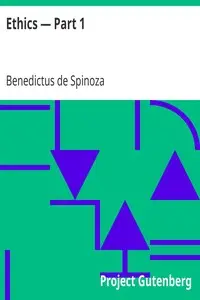
Ethics — Part 1
By Benedictus de Spinoza
"Ethics — Part 1 by Benedictus de Spinoza" is a philosophical treatise written in the 17th century, specifically during the early modern period. The b...
Genres
Released
1997-05-01
Formats
epub3 (images)
mobi (images)
epub
mobi
epub (images)
Free Download
Overview
About the Author
Baruch (de) Spinoza, also known under his Latinized pen name Benedictus de Spinoza, was a philosopher of Portuguese-Jewish origin. A forerunner of the Age of Enlightenment, Spinoza significantly influenced modern biblical criticism, 17th-century rationalism, and Dutch intellectual culture, establishing himself as one of the most important and radical philosophers of the early modern period. Influenced by Stoicism, Thomas Hobbes, René Descartes, Ibn Tufayl, and heterodox Christians, Spinoza was a leading philosopher of the Dutch Golden Age.
Total Reviews
10.0k
Total reviews from Goodreads may change

